Click Here to Sign Up!
Are you interested in becoming an It Works Distributor? I am really excited that you found me! I am always looking for leaders on my team.
L-E-A-D-E-R-S change lives and that’s my goal!
Becoming a distributor is EASY. You can join by clicking below for $99 plus tax and shipping.
Click Here to Sign Up!
When you join you will need to sign up for your distributor website which is free for the first 30 days, then $20 per month. You will also need to set up your first autoship for 80bv (bonus volume) or have 150 in personal sales volume to be commission qualified.
There are so many different ways you can earn from It Works:
and more…
I am full time with It Works now.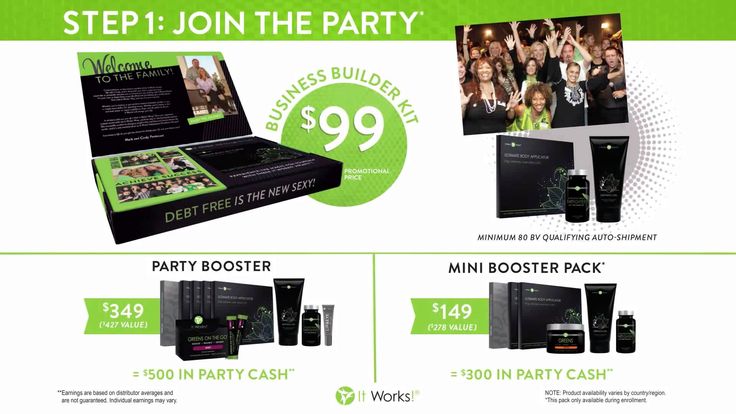 ? I have been able to quit my job and go all in with It Works
? I have been able to quit my job and go all in with It Works
I am committed to my team.? Since I do this full time I am all about training and support for my team.
Instant community.? As soon as you join my team you are added to our private workspace and can instantly start receiving help, direction and training.
Our team has a proven success record. Oh and we are FUN too.
My husband and me with Mark and Cindy Pentecost on the Top 20 Yacht CruiseClick Here to Sign Up!
Interested in becoming an It Works Distributor? Let’s talk!? Call Me at 1-866-711-3377.? I want to know what your goals and dreams are and let’s see what we can accomplish together.? You can also fill out the form below to get more information delivered to your inbox.
I hate that I have to put a disclaimer here, but more than anything I am looking for people that are willing to work hard to change their lives and the lives of others.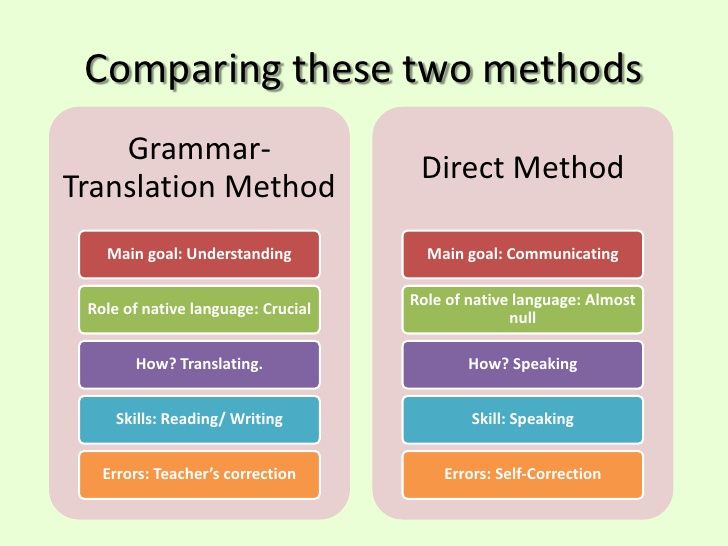 ? In short this is not easy, just worth it. 🙂
? In short this is not easy, just worth it. 🙂
Earning Disclaimer: Any claims or representations referring to earnings, lifestyle or income contained on this website or in any It Works document are not a guarantee. Earnings of existing distributors are not necessarily representative of the income, if any, that an It Works distributor can or will earn through his participation in the It Works compensation plan. No one can be guaranteed success as an It Works distributor. Any earnings or success you achieve will vary according to the geographic location, time, and effort applied to your particular business, and is not a guarantee by It Works, its management, staff, or distributors. Success with It Works Occurs only from successful sales efforts which require hard work, diligence and leadership. Not all distributors make money.? Your success will depend upon how effectively you exercise these qualities.
There are no guarantees and there can be no assurance that any prior successes or past results, as to financial outcome expressed on this website can be used as an indication of your future success or results.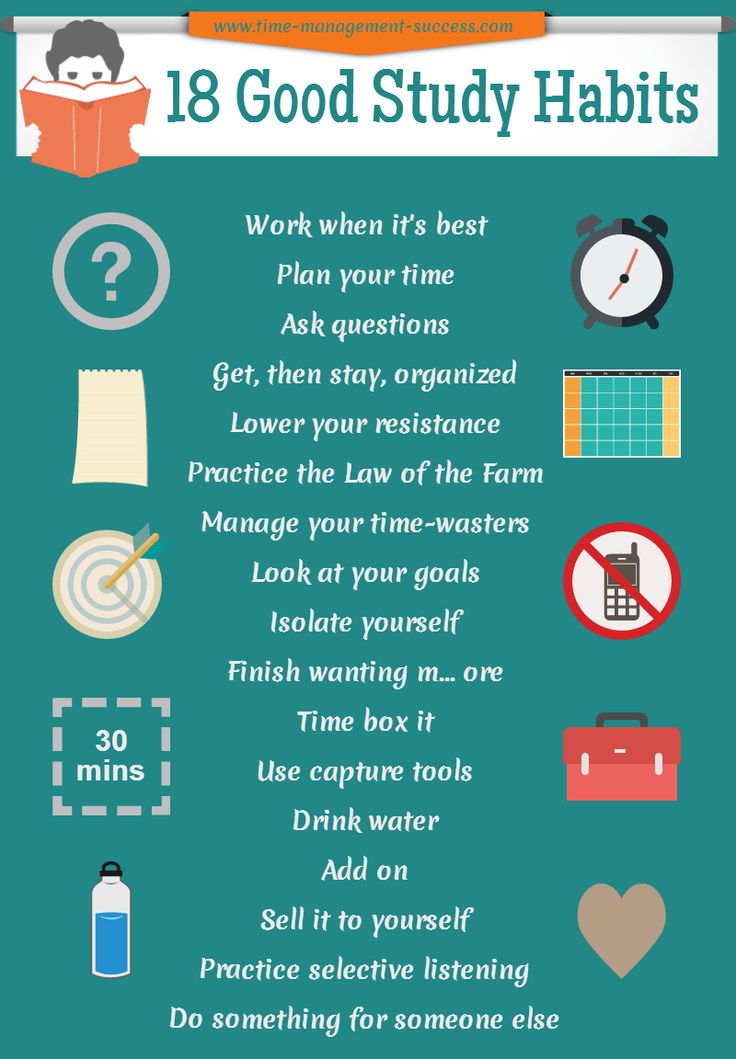 ? Outcomes expressed on this website are not to be considered as average.? On average few individuals achieve a high degree of success in this business.
? Outcomes expressed on this website are not to be considered as average.? On average few individuals achieve a high degree of success in this business.
Internet business activities have unknown risks involved and are not suitable for everyone.? Making decisions based on any information presented on our website should be down only with the knowledge that you could experience losses or produce no financial outcome at all.
Over the past few years, our MLM articles have tended to focus on the income potential, using the companies’ own income disclosure statements.
And there’s a very good reason for this. In our experience, the MLM industry is rife with lies and brainwashing. But while an MLM company can argue that an ex-distributor who shares their story is simply a bitter failure who couldn’t work the business, it’s much harder to discredit factual incomes that you personally have made public.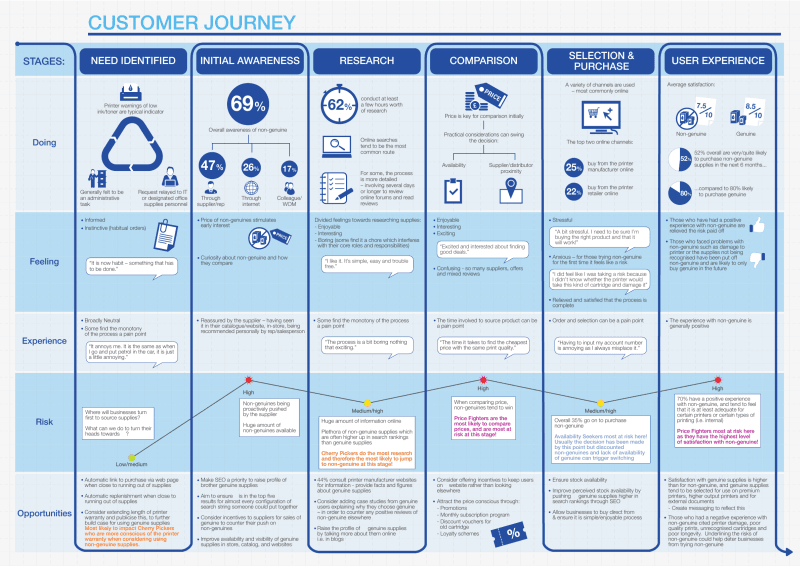
But since we’ve started sharing the income investigations, we’ve been contacted by a growing number of former MLM participants who are keen to get the truth out there.
And it’s quite sinister how similar their stories are. It doesn’t matter which company they worked for, they all tell the same story of manipulation, deception (even outright lies) and the impossibility of making a genuine living from the business model.
So we thought it was time to start telling some of their stories more prominently, and revealing the true emotional and financial cost of joining an MLM.
In this article we tell the story of a British woman who joined It Works, and reveal how she was brainwashed by her upline, and how little she earned despite the effort she put into the business.
If you’re a former (or even current) MLM distributor and you’d like to share your story anonymously with us, you are very welcome to get in touch.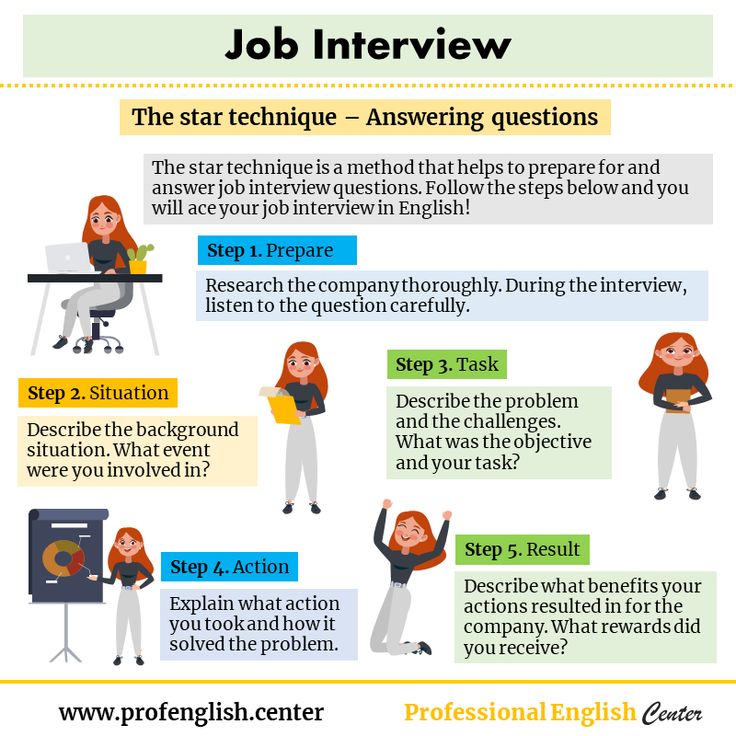 We only publish content with your full permission, and send the final draft to you for approval before making public.
We only publish content with your full permission, and send the final draft to you for approval before making public.
The more honest stories that are out there, the more we can help people avoid joining MLMs, and the more we can help people who are currently in an MLM or who have left.
Because if you have failed or quit, it’s NOT your fault. It’s the fault of the business model. So, with that in mind, here’s the story of an ex-It Works distributor.
I never actually intended to sell It Works. But I’d seen posts in my Facebook feed about their tightening and toning wraps and, in July 2015, after my second child, I wanted something to help with my saggy tummy.
A distributor lived close to me so I went to buy one off her. I only intended to buy one wrap, but she said they had an offer on and, if I signed up by midnight that night as a distributor I’d get two boxes of wraps for £100, which was half price.
I knew nothing about MLMs but I wanted the wraps so I signed up.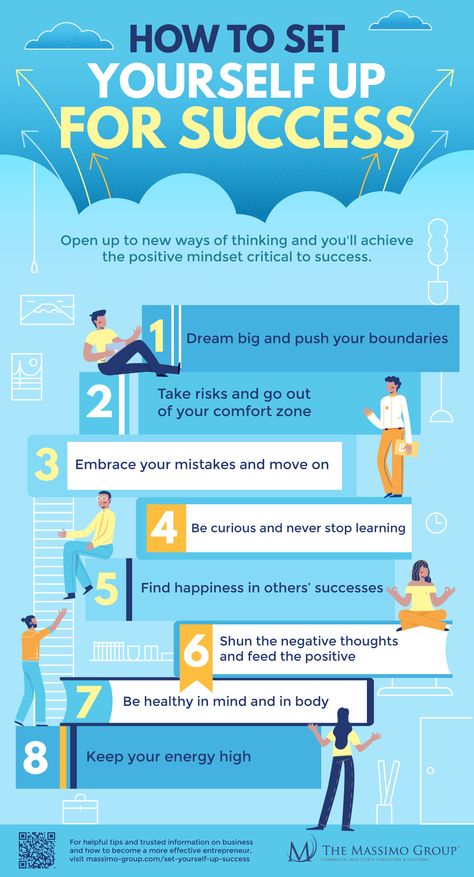 By the time I got home I already had 18 notifications on Facebook. My new upline had added me to groups and chats, and even posted about me, saying how excited she was to welcome her new ‘teamie’.
By the time I got home I already had 18 notifications on Facebook. My new upline had added me to groups and chats, and even posted about me, saying how excited she was to welcome her new ‘teamie’.
I didn’t tell anyone I’d signed up, not even my husband. And I didn’t actively sell for a few months. Your distributor account is active for a year so I just paid my monthly £19.20 fee for my website and that was it.
But I was seeing lots of posts from other distributors talking about the 5K Ruby Bonus. I thought that would be quite nice as Christmas loomed, so I took more of an interest, and started to post about and work the business.
But this was when I realise now that I really started to lose money. Because in order to get any commission, you either need to personally sell either 150BV worth of product through loyal customers, or set up an auto shipment of 80bv (around £100 worth of products) every month.
To ensure I made the quota, I set up the autoship.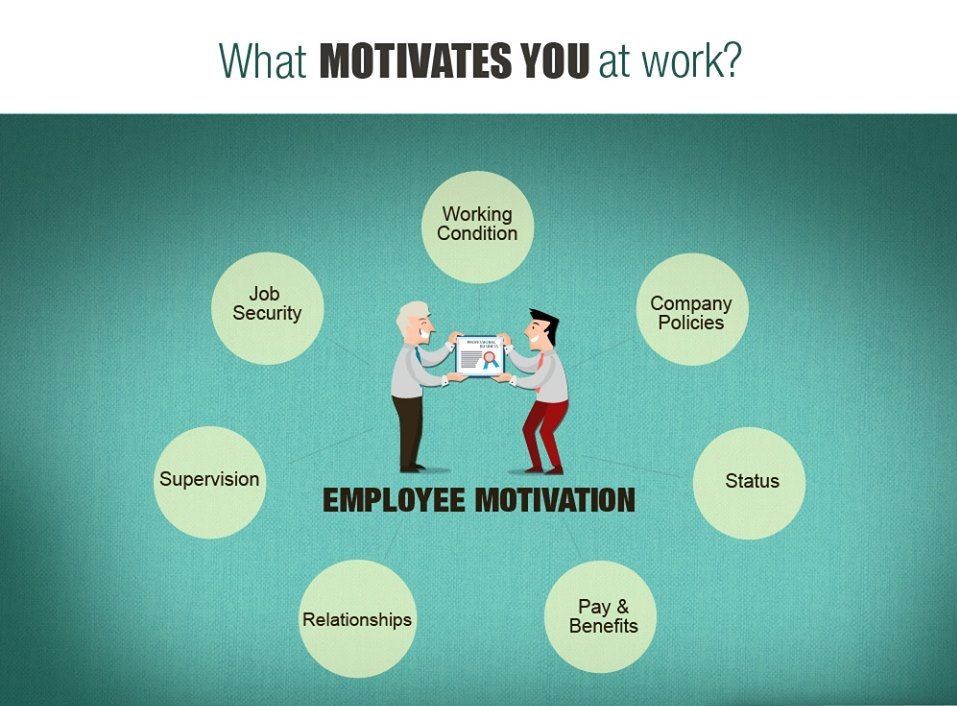 But that just meant buying £100 of product for myself every month to remain qualified.
But that just meant buying £100 of product for myself every month to remain qualified.
In order to make money from selling wraps you need to get what they call loyal customers. These are people who sign up to an autoship and commit to buying one It Works product every month for three months.
If they want to cancel their autoship they need to pay a £50 fee. And if they forget to cancel it after the three months, they continue to get charged for products every month until they remember to cancel.
Your first customers in MLMs are friends (that’s before you lose them!). Some of mine signed up to autoships to support me. But then told said they couldn’t afford it after the first month. Or complained that the products weren’t working and it was a scam.
I didn’t want them to pay the fee for cancelling as they were my friends and I didn’t want it to impact our friendship, so I paid it for the rest of their autoship and kept the products.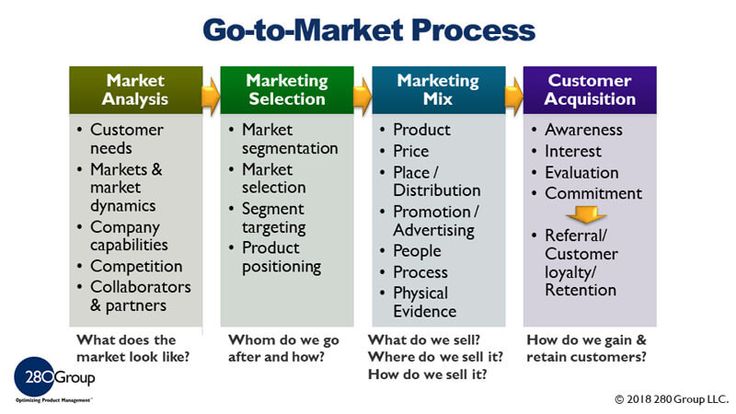
My upline told me it was my fault and that I was a pushover. She made me feel bad and stupid.
The supposed ‘retail price’ of the products is incredibly high and unrealistic. It was £102 for four wraps, £72 for an exfoliating peel, and £58 for 15 sachets of coffee!
They then promote a ‘wholesale’ price for loyal customers and distributors to entice people to sign up. But these prices are still high (£61.20 for four wraps, £43.20 for an exfoliating peel and, £35 for 15 sachets of coffee).
As a result I found it understandably hard to get people to commit to three months of expensive products. And if they did sign up, they didn’t buy again after the three months.
In my opinion the real customers are the distributors. We were the ones buying every month in order to qualify for commission. If you need money to cover an emergency, you can visit this site to see how you could earn quick funding.
I didn’t keep track while I was still with It Works.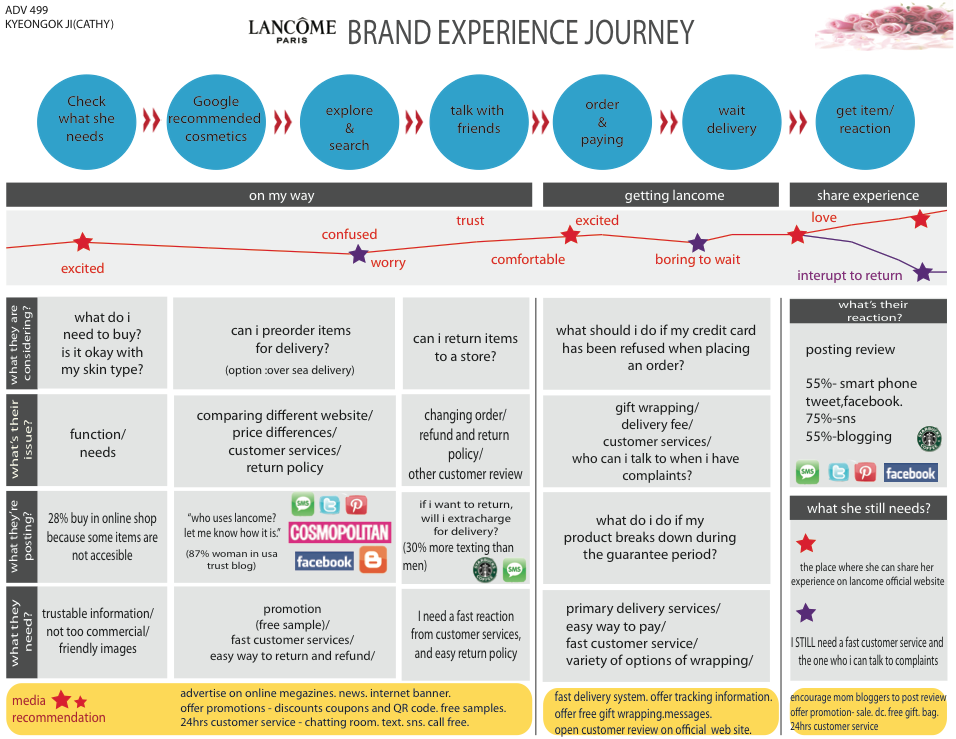 I think I was too afraid to! But when I left I calculated exactly how much I earned in two and a half years. It was £2,011.83.
I think I was too afraid to! But when I left I calculated exactly how much I earned in two and a half years. It was £2,011.83.
That’s bad enough, but my expenses though were £5,251.70, which means I made a loss of £3,239.87. I was devastated when I realised how much money I had lost. I was really keen to make a go of the business, and worked consistently on my phone from the moment I got up until I went to bed.
I estimate that, on average, I worked 12 hours a day, seven days a week trying to make a success of It Works. And I have a marketing degree, so I’m not stupid. But it’s just not possible to earn money with them in my opinion.
We weren’t advised to keep any accounts, or given any financial advice at all (we also weren’t advised to register with HMRC, which is a legal requirement). Plus you’d receive a commission cheque every month, so could con yourself you were earning money. Even if those cheques were just for £12.
It was commonplace to blur out the paltry amount of your commission cheque, then show it off on social media, bragging vaguely about how much you’d got paid, or what you were going to treat yourself to with your money.
It didn’t occur to me that I was actually losing more than I was earning.
You don’t sell the products; you sell the vision of being financially free, and the lifestyle.
To recruit you’re taught to find someone’s ‘why’ – their weak point. So if someone posts on Facebook about their boiler breaking or not being able to afford a birthday party for their child, you’ve identified their need and should message them to say you can help them.
Ideally you’ll hone in on a big why (if it doesn’t make them cry, it’s not big enough apparently). You can then use this to emotionally blackmail them into staying.
On the occasions I emailed my upline to say that It Works wasn’t for me, wasn’t working for me or that I wasn’t good enough at it, they’d reply ‘so you’re giving up on your children then? You’re just walking away? Quitting?’ They used the why they’d extracted from me when I joined.
This emotional blackmail shames you into staying, when in reality you’re not making a success of the business and it’s destroying your personal life. You can’t see what they’re really doing. It’s so manipulative.
When I was with It Works I genuinely liked some of the products. Even after I left as a distributor it took me a while to stop buying. I was so convinced their products were superior (I no longer believe this).
And yes, we were encouraged to be a product of the product. We were also encouraged to wear their clothes all the time. We were told if we weren’t wearing their apparel on the school run or while at the shops we were missing an opportunity. But you had to buy the clothes yourself, and even just a T-shirt costs £40.
And then there were their US-based conferences. They really hammered it in that if you want to change your business and your life, you need to go. But you had to pay all your expenses yourself. So while others I know did go, I decided not to.
So while others I know did go, I decided not to.
You’re a slave to your phone. It’s relentless from the moment you wake up until you go to bed. But a lot of it isn’t productive – it’s reading and posting messages to groups. You’re in communication with your team constantly.
It added up to more than 12 hours a day, seven days a week. So when you’re told that if the business isn’t working it’s down to you, it’s hard to hear. I was giving it everything; literally living and breathing the business but still not making a success of it. It was hard.
You’re constantly pushed to keep at the business. You’re told that difference between a ruby and an ambassador is that the top ranks are willing to work for it.
I was told that quitting is the only way I’d fail, to be stronger than my excuses, and to be afraid of not trying hard enough.
As a result, you quickly believe that it’s you that’s failing, not the business model.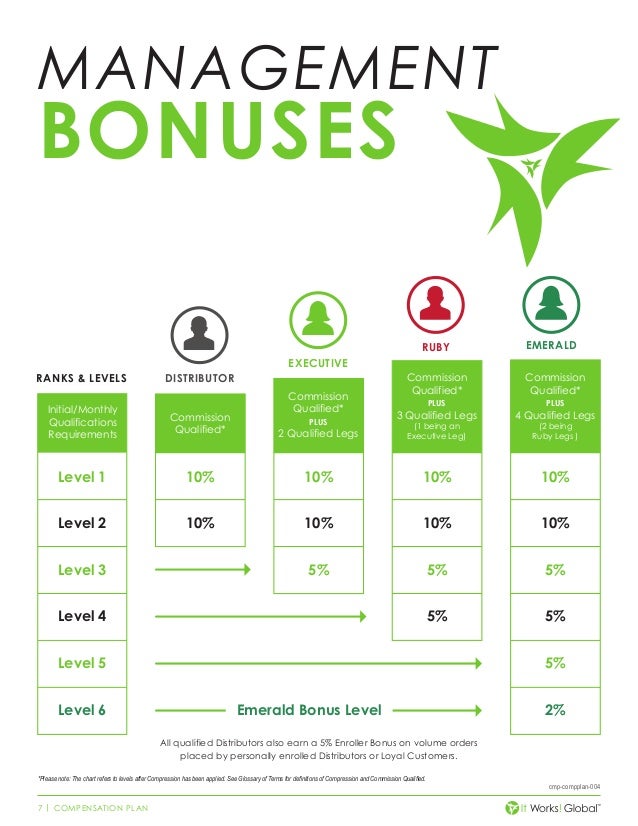 You’re just not good enough or not working hard enough. But all this time you’re following what you’re told to do, and working every hour of the day relentlessly. How much more can you do?
You’re just not good enough or not working hard enough. But all this time you’re following what you’re told to do, and working every hour of the day relentlessly. How much more can you do?
You’re encouraged to use social media. You’re told to add 100 people to your friends list every day, and cold message at least 100 people a day too. That’s the basic requirement.
But it’s insane. You have to go through people’s friends lists and add and cold message people. I didn’t feel comfortable doing it; it just wasn’t me.
You’re also told to make a ‘DT hit list’. We had to add absolutely ANYONE we went to school or college with, worked with in the past, family, neighbours, teachers (yes, even your children’s teachers!) and contact them about the opportunity.
The advice went as far as to not pay at for your petrol at the pump, but instead go into the service station to pay to create an opportunity to “blitz” (tell someone about It Works). I was told that any time you’re handing over money (in a supermarket, restaurant etc) to tell the person serving you about the opportunity.
I was told that any time you’re handing over money (in a supermarket, restaurant etc) to tell the person serving you about the opportunity.
It is relentless and takes over your life to the point you no longer have normal interactions with anyone without it becoming about It Works.
They’re also obsessed with selfies. You’re expected to post at least six times a day and told which light settings and filters to use to look as flattering as possible.
If you do find someone to recruit and they say they can’t afford to sign up, It Works distributors tell you to recommend they don’t pay their phone bill or sell their kids toys to get the money. They tell you to say ‘if you can’t afford to invest in yourself, then nothing will ever change’.
Maybe these techniques work for some people, but I was never comfortable using them. You have to sacrifice a lot and be ruthless.
I lost friends over it, and school mums started avoiding me.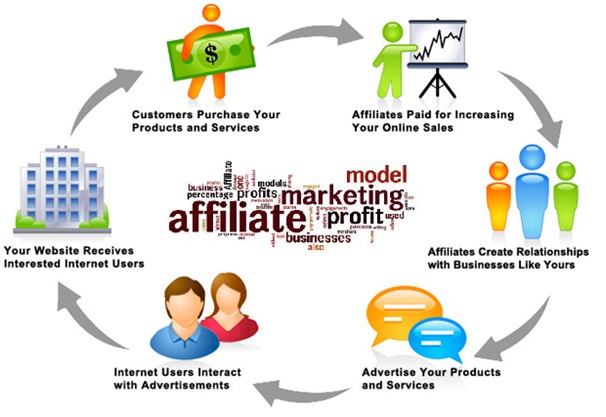 People unfollowed or un-friended me on social media, and I don’t blame them. I also overheard my colleagues at work making fun of one of my Facebook posts.
People unfollowed or un-friended me on social media, and I don’t blame them. I also overheard my colleagues at work making fun of one of my Facebook posts.
But when I told my upline she said ‘if your circle doesn’t support you, get a new circle’. She said that these people weren’t my friends, and that I should just talk to my ‘wrap sisters’ and It Works family.
She said that the people at work were just jealous because I was beautiful and stunning (yes, she really said that), and they were uncomfortable because I was stepping out of my comfort zone, and they weren’t. And that when I was a millionaire they’d see how wrong they were.
She also told me that the sooner I got used to the nos and the negative opinion of family and friends – people who were too ‘lazy’ or ‘scared’ to embrace the opportunity – the better.
Looking back, it was like being groomed, but I couldn’t see it when I was in. Instead I thought ‘she sees something special in me; I have to keep going’.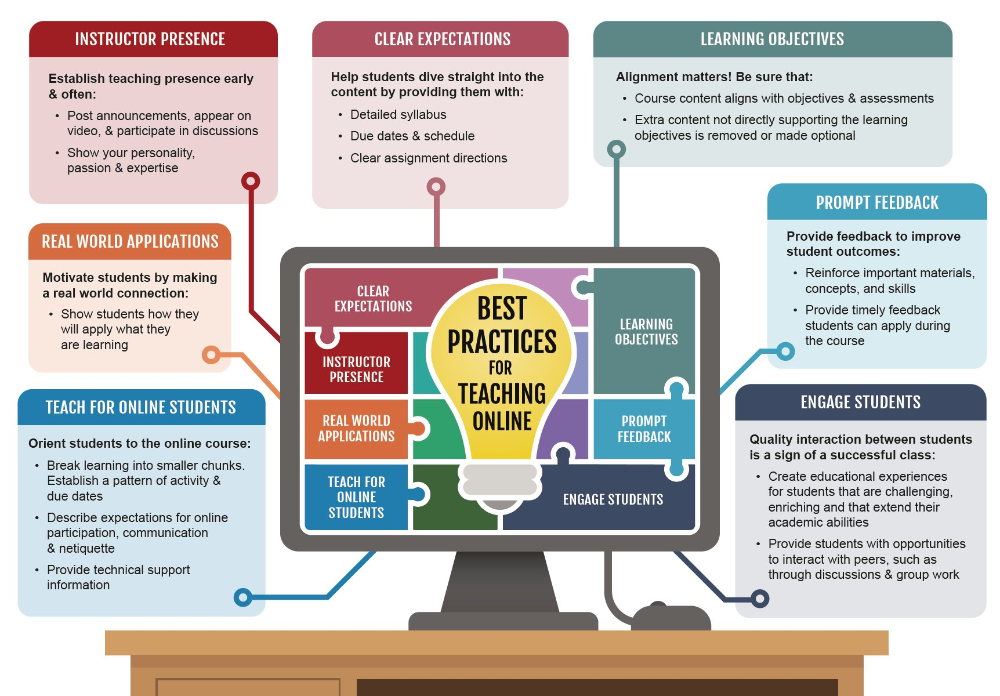
I qualified for the Ruby rank for one month only. But it doesn’t look good for people to lose their ranks, so once you make a rank, you keep the title forever (sadly you don’t continue to get paid at that rank though). Even if, like me, you never actually qualify as that again.
So many of the people you see with senior ranks aren’t really selling enough to maintain that rank, or earning the money they claim to be as a result.
There were other ways distributors cleverly inflated their earnings. It Works have a $10k diamond bonus, and you’ll see lots of people boasting about how they got the bonus.
But what they don’t tell you is that bonus is paid over 25 months (so works out at just $400 a month), and that in order to keep receiving the money every month you have to keep qualifying at that rank. If you don’t qualify at that rank, you don’t get your bonus that month.
It’s just a way, in my opinion, to maintain the pressure on these distributors to make their own personal sales (or, more likely, purchases) and keep their downline earning for the company too.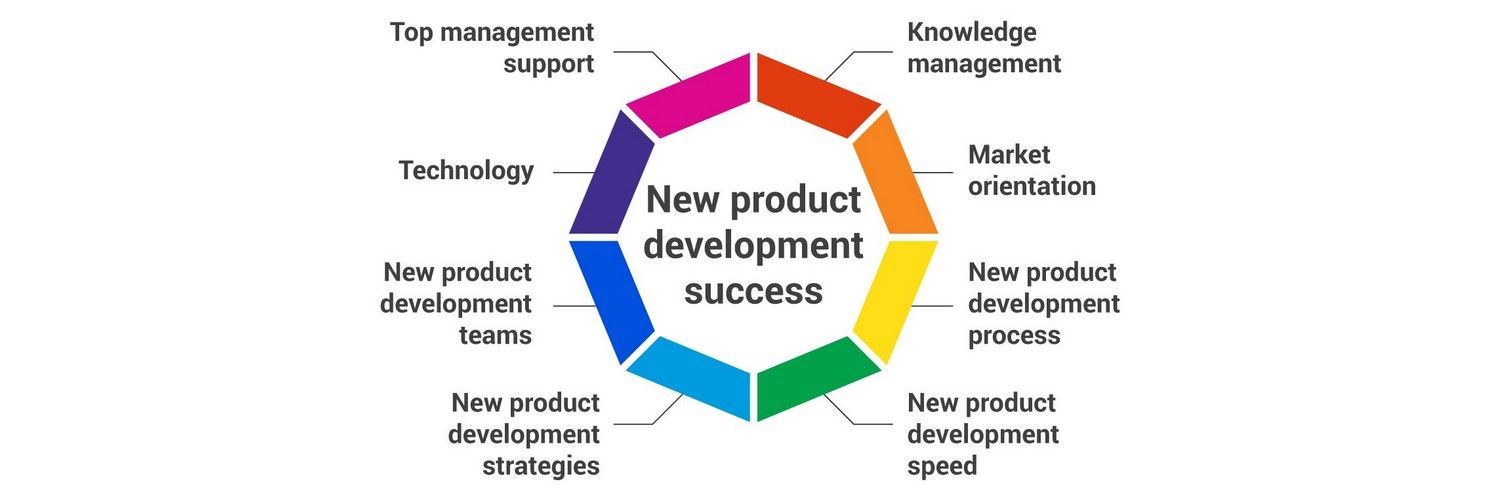
One girl placed a $600 order through her brother (she paid for the order) to qualify for the $10k diamond bonus. But in order to keep getting that money she needed to repeat that every single month. How can you do that?
But that didn’t stop her boasting about qualifying for the bonus all over Facebook. She just didn’t tell anyone that she possibly only actually received it for one month – so was possibly paid a $400 bonus for a $600 investment.
‘Faking it til you make it’ was rife (it’s reframed as attraction marketing to make it seem less like the lying it really is). Even I made out I was doing better than I was. I didn’t want my husband or friends to know it wasn’t working out after all.
We have a really good marriage, and we don’t (usually!) have secrets from each other. But he still has no idea how much I lost through It Works.
In the beginning he was really sceptical. He said that my social media posts didn’t sound like me; they were too spammy.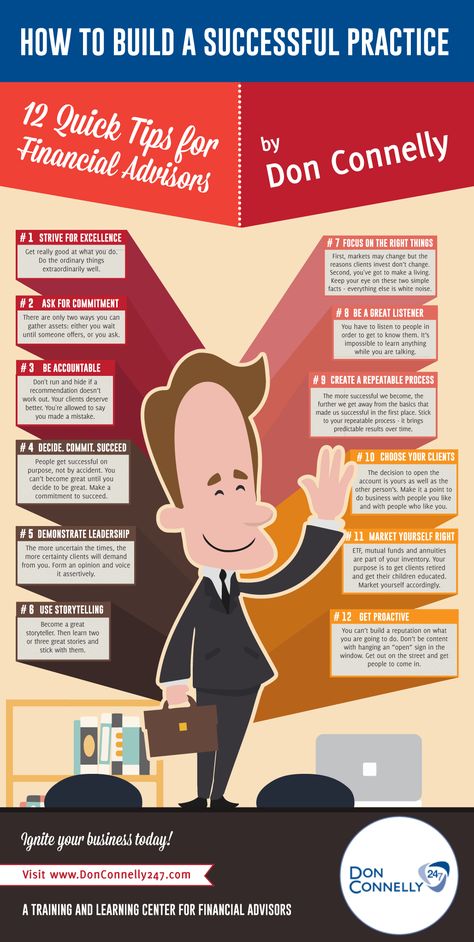 After a while it became a joke – he said to let him know when he could retire.
After a while it became a joke – he said to let him know when he could retire.
But he was supportive of me. He said that if this was going to work then to go for it. He was proud of me, and I had to save face by lying to him. I felt bad pretending.
Even now, all he knows is that I chose to stop. Not how much money I lost. I’m ashamed to admit it to him.
My upline told me that “husbands, friends and family are the worst, so don’t talk to them. They don’t understand it.” But now I’m outside the company this seems dangerous. These are the people who genuinely love you and have your best interests at heart. And by isolating yourself from them you’re not getting an honest perspective on what is happening.
But I know that’s the point. MLMs don’t want you to get an honest perspective; they want you to believe you’re doing well and remain with them – buying their products to remain active.
I decided to leave once the keto coffee came out because I felt uncomfortable promoting weight loss products.
I didn’t tell anyone at It Works. I just stopped buying enough to get my commission and let my distributor membership lapse at renewal time. And I left or muted all the groups. (I did find one group training tab I had muted a year later. It was crazy to read the posts as an outsider.)
I no longer even buy their products. I’ve now realised that I can get the same quality products for half the price somewhere else.
My friends were relieved when I stopped. It really damaged my friendships. The only people who liked my Facebook posts when I was a distributor were other It Works people. There was no genuine interest. It was just one giant echo chamber with everyone shouting about it.
My ‘wrap sisters’ quickly dropped me. When they realised I had left they stopped interacting with my posts, and I realised that they didn’t care about me at all – despite telling me how much they loved me when I was in.
But you’re encouraged to do that. You’re told to delete and block anyone who leaves because you ‘don’t need that negativity’.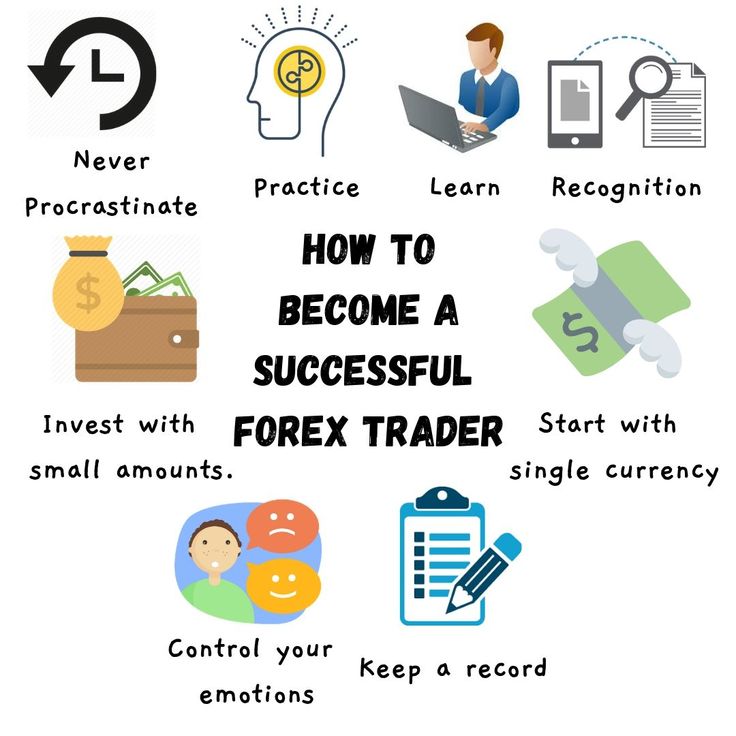
My first advice is not to buy from them. It just gives them false hope that they have customers. Most of my customers were friends and family, but you soon run out of them, as they don’t want to keep buying over and over again, even just out of loyalty.
As cruel as it seems, the quicker someone realises that the business isn’t financially working for them the better.
I would recommend not criticising the business though, as they’ll just be told by their uplines to cut you out of their life. But do try to stay in touch and meet up with them regularly, doing normal things outside of the MLM world.
And when you do, steer the conversation away from MLM. You can become so consumed in the bubble of your MLM world that it’s difficult to remember what normal life is like outside, and even how to have a normal conversation with people.
So I think to have a good friend who you can meet up with and talk about non-MLM things would help keep you a bit more grounded. Otherwise you can become so isolated from the real world that it becomes more difficult to leave.
Otherwise you can become so isolated from the real world that it becomes more difficult to leave.
If I look at the top leaders in It Works, all of their friends are other It Works people. Even their birthdays are celebrated with It Works people. They don’t have any outside friends there, which I find incredibly sad.
If that happens, what do you do when you leave? Your MLM friends will desert you, and you’ll have no one left.
It Works distributors, like many MLMs, are obsessed with the law of attraction. The more sinister side that worries me is that you’re encouraged never to have negative thoughts, as these will allegedly bring bad things to your business.
So you always have to think positively. You’re told that if you want it enough, you’ll be successful. So if your business isn’t working, it’s because you’ve been thinking that it’s not going to work – it’s your fault! It’s not healthy.
You also have to do 100 affirmations a day, and stick motivational messages everywhere – on mirrors, on your fridge, on your screen saver, in your car, everywhere you go. It’s like mind control and brain washing. No normal job would ever expect you to do that.
If anyone has a complaint or a negative opinion it gets shot down, so you never get to the bottom of anything. They’re also condescending to people who have 9-5 jobs because they believe they’re stupid.
But people in 9-5 jobs are getting paid, taking paid holidays, have legal rights and don’t have to spend 12 hours a day hounding strangers on social media and alienating their friends. I know what I’d rather do.
One woman in It Works actually continued recruiting and posting while she was in labour. It’s just constant. There’s no paid maternity leave, or any leave at all.
That concludes our interview with the former It Works distributor. We already know that she claims to have lost a considerable amount of money with IT Works, despite the time and effort she put into the business.
But what are other people earning (or losing)? To get an idea of just how much it’s possible to earn with It Works, we looked at their 2019 income disclosure statement. Here it is:
As you can see, it fits the pattern of other MLM income disclosure statements we’ve seen: the vast majority of people earn virtually nothing. Business expenses also need to be deducted from these ‘earnings’ (not least their own purchases from the company), meaning that most will probably have lost money with It Works.
Here’s what It Works’ income disclosure statement reveals:
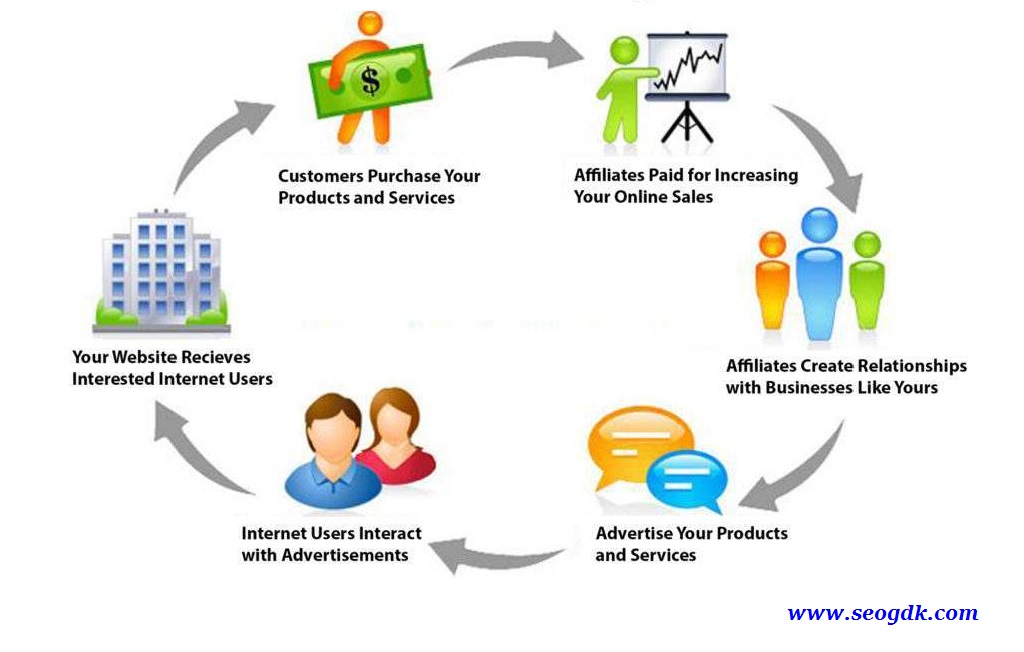
As It Works themselves state, these incomes are before deducting expenses:
The ex-distributor we interviewed earned an average of £67 a month. But her expenses were £175 a month – mostly from the purchases she needed to make to qualify for commission, and to ensure she was stocked up with products to use so she could be a “product of the product”.
This means that her monthly loss was £108. It’s also extremely likely that many of the people in the bottom ranks of the income disclosure table above were also making monthly losses.
It’s easy to see, with numbers like these, how an average of 99.6% of participants in an MLM will lose money after expenses are taken into account.
Let’s compare this to wages in the USA. The lowest paying job in the USA is an agricultural worker. Their average annual salary is apparently £28,704, which equates to $2,392 a month.
And yet, this is an income that 98.59% of It Works distributors fail to earn, according to It Works’ income disclosure statement. AND you need to deduct business expenses from your earnings as an It Works distributor.
So probability says that you’d be better off working in the worst paid job in the USA than if you joined IT Works.
And yet that’s not the impression you get when you see recruitment posts from It Works distributors, like these:
In order to earn over $500 a month (BEFORE business expenses, including your own personal purchases from the company are deducted) you need to be in the top 4.31% of all distributors.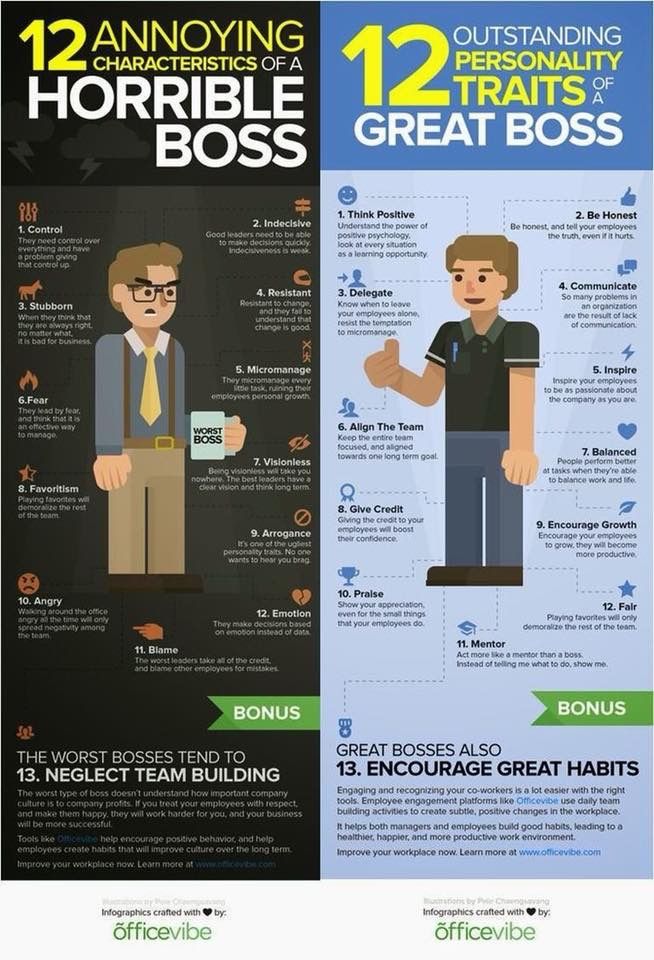 And to earn $2,000 a month (again before expenses) you need to be in the top 2.72%.
And to earn $2,000 a month (again before expenses) you need to be in the top 2.72%.
Our research also shows that in 2016 It Works had 150,000 distributors. So, assuming the numbers in 2019 were around the same, according to their income disclosure statement, out of these 150,000 distributors only 6,150 people earned over $500 a month. And only 4,080 earned over $2,000 a month before expenses.
So out of 150,000 potential It Works distributors, 145,920 earned LESS than the lowest paid job in America – before business expenses are deducted.
And we’d guess that, despite her misleading (in our opinion) recruitment posts, the IT Work rep desperately trying to grow her team is in that 145,920. It’s highly likely that once business expenses are taken into account she is even losing money.
These deceptions to try to get people to join your team (knowing that like you, they’ll probably lose money, or at least not make what you are advertising) is one of the many reasons why we hate MLMs.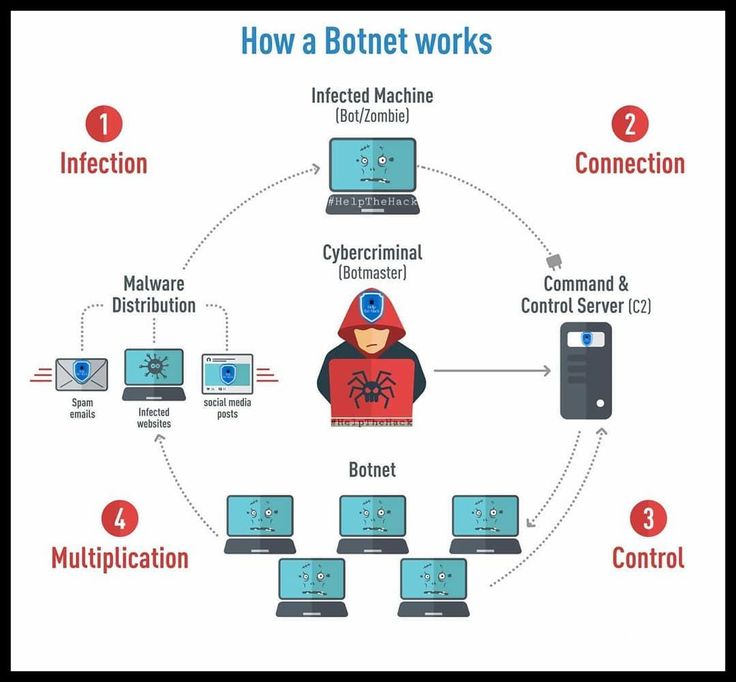
As with every MLM we’ve researched, there’s a vast difference between the incomes of people right at the bottom, and those at the top. So how does that happen? Here’s one example.
The former It Works distributor we talked to explained that It Works have something called a Fast Start Bonus for new recruits.
Now you’d be forgiven for assuming that this was designed to help the new recruit get going on their ‘new business’ and rewarding them for their first sales. But it doesn’t – it rewards the upline who recruited them.
Here’s how it works:
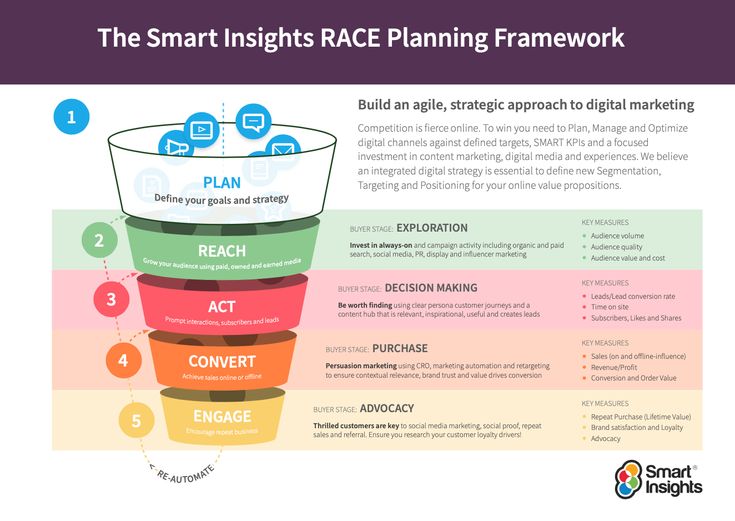
So, as we see with every MLM we have investigated, the money from the people at the bottom of the pyramid-shaped earnings table flows up to the people above them.
And the only way the poor people at the bottom can recoup their losses and hope to make some money back is to find someone to recruit under them to get money from.
The size of the bonus also dwarfs the amount made on commission – rewarding not sales but the recruitment of the person who makes the sales. It Works even admit in their compensation plan that this is a bonus that rewards recruitment, not sales:
(We’ll explain shortly why this is important. )
)
You also have to ask yourself how much those wraps really cost to manufacture, with so much money being paid out in bonuses and commission. No wonder MLM products appear to be vastly overpriced.
Hopefully though, the MLM industry may be heading into a new, stricter era.
We were delighted to hear that, following talks with the FTC, MLM Advocare are switching from their former MLM model to a direct to consumer one. Which means that their distributors can only earn from sales they make directly – and not from recruitment.
Advocare say this change is “the only viable option”, and we are hopeful that the FTC will crack down on more MLMs who operate a similar model to Advocare.
So why is the issue of recruitment important? And why might it have forced Advocare to change their business model?
The answer lies in the definition of a pyramid scheme. According to the FTC:
If the money you make is based on your sales to the public, it may be a legitimate multilevel marketing plan.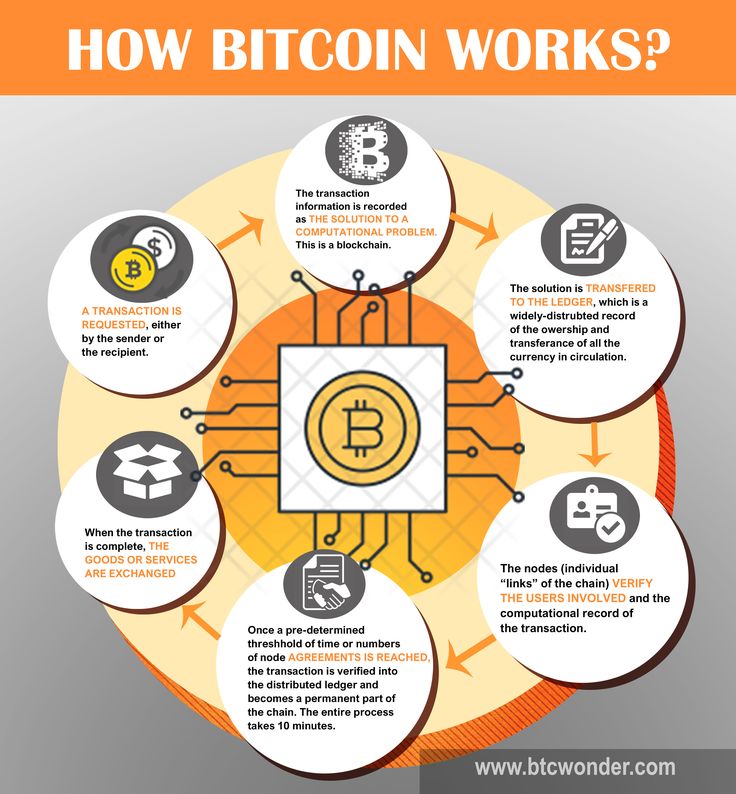 If the money you make is based on the number of people you recruit and your sales to them, it’s probably not. It could be a pyramid scheme. Pyramid schemes are illegal, and the vast majority of participants lose money.
If the money you make is based on the number of people you recruit and your sales to them, it’s probably not. It could be a pyramid scheme. Pyramid schemes are illegal, and the vast majority of participants lose money.
We know from our investigations into MLMs like It Works, and from research published by the FTC, that it’s very likely that ‘the vast majority of participants lose money’.
We also know that the minimum purchase requirements placed on MLM recruits in order to qualify for commission mean that they’re often forced to buy the products themselves. As was the former It Works distributor we interviewed.
And It Works’ Fast Start Bonus clearly states that it rewards recruitment.
This means that yes, ‘the money you make is based on the number of people you recruit and your sales to them’.
If these are the two defining characteristics of an illegal pyramid scheme, then in our opinion, from the research we have conducted, most MLMs do appear to be pyramid schemes. And we’d certainly never recommend joining It Works.
And we’d certainly never recommend joining It Works.
We’ve published several articles on the MLM industry. If you’d like to learn more about the industry, here are some income investigations:
And here:
And you can learn more about how the industry works here:
Photo by A. L.
L.
We’ve published this experience as told to us by an ex-distributor of It Works. If there is anything factually incorrect in this article, It Works are welcome to contact us and we will revise accordingly.
Last updated on Jun 27th, 2022 by Hannah Martin
How to become a distributor? What to pay attention to, how much it can cost and what pitfalls you should be aware of in advance? Using the example of a cosmetic brand, Evgeny Shatokhin, co-founder of the School of Hairdressers and the Cosmosystems company, talks about this.
— We are engaged in the distribution of professional cosmetics. I want to share our experience and tell you how to become a brand distributor in the Belarusian market. nine0005
⇒ See also: I didn’t really like the practice in the morgue - I went to the hairdressers.
History of Evgeny Shatokhin
The main thing you need to understand before you decide to become a distributor is that you need to be prepared for the fact that negotiations with a brand can take from several months to a year. The supplier may ask you for a detailed company presentation, business plan, international references.
Many suppliers have fairly strict criteria for selecting partners, sometimes questionnaires take more than 10 pages. And they can be understood - they do not conclude a one-time deal, but build relationships for many years, transfer one of the most valuable assets - their brand - to management. But such negotiations are useful and allow you to better structure your business. nine0005
In 2012, we tried to negotiate with one of the global brands. We were sent demands on 16 pages:
And we realized that we did not meet their requirements at all.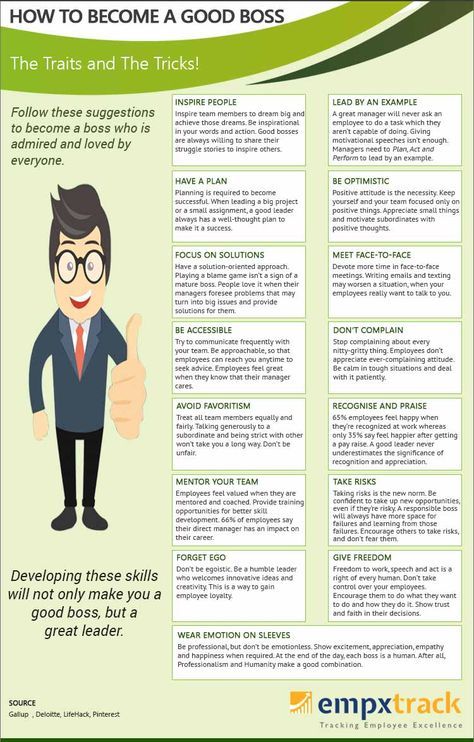 Then, 7 years ago, we were a small company: an office of 27 meters, 4 employees and 1 teacher. But this helped us to understand the criteria by which companies choose their distributors, gave a powerful impetus to development and helped build a product portfolio in a short time. Having received such a "allowance", we began to work purposefully to "fit" into these criteria. nine0005 Photo provided by the author
Then, 7 years ago, we were a small company: an office of 27 meters, 4 employees and 1 teacher. But this helped us to understand the criteria by which companies choose their distributors, gave a powerful impetus to development and helped build a product portfolio in a short time. Having received such a "allowance", we began to work purposefully to "fit" into these criteria. nine0005 Photo provided by the author
The world of cosmetics is not very big, everyone knows each other. There are different ways. But this is how we find our suppliers:
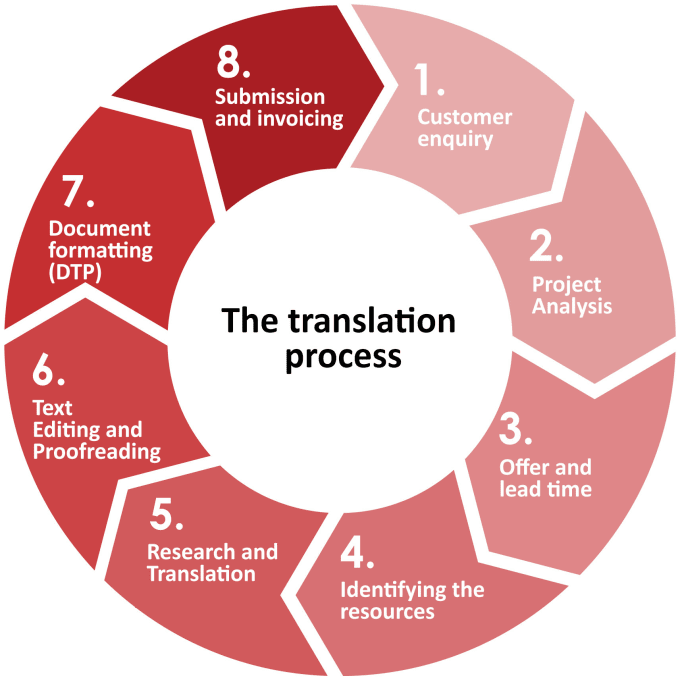
We have our own (both "secret" and openly declared) criteria by which we decide which brand we work with. For example, we do not select by price. nine0046
The purchase price of a good professional shampoo may be higher than the retail price of Belarusian shampoo from the mass market segment. This sometimes confuses Western suppliers, because many believe that if Belarus is a low-cost economy, then everyone there should buy only the cheapest. But this is far from the case.
We are for selling only a good product that you yourself believe in and use. When working with professional brands in the beauty industry, it is very important to understand that if the product is cheaper, then this will not lead to more hairdressers or people to cut their hair more often. Some people just make less money. nine0005 Photo courtesy of the author
How much does it cost to bring a brand? We are not talking about some huge investments. Belarus is quite a small country, and $15,000-$20,000 dollars at the start might be enough. This money is needed to bring samples, obtain documents and import the first batch of goods. With the goods that you bring for the first time, it is difficult to guess what will sell better, so it is advisable to carry different positions.
This money is needed to bring samples, obtain documents and import the first batch of goods. With the goods that you bring for the first time, it is difficult to guess what will sell better, so it is advisable to carry different positions.
What and how many pieces should I bring? Understanding this rarely comes immediately, most often only after the first purchase. nine0046
When we first started distributing, I woke up at night with the thought: I have a full warehouse, and there is no turning back. There are positions that quickly leave, but you just have to have something in your assortment. If popular items wash out quickly, you'll end up with items that don't sell as quickly or are rarely ordered.
When negotiating with potential suppliers, you need to pay attention to a number of important points:
1. Does the supplier have requirements for the size of the first order? Some companies are very loyal in this matter, but sometimes the first order can be from $10,000 to $40,000 dollars. Brand owners assume that if the distributor does not invest in the first order, then he will not have a strong motivation to promote the brand. You should not expect that you can order "a little" to see "how it goes."
Brand owners assume that if the distributor does not invest in the first order, then he will not have a strong motivation to promote the brand. You should not expect that you can order "a little" to see "how it goes."
2. Is there a minimum order quantity (MOQ) requirement? For some suppliers, the minimum order can be $ 20-25 thousand, for others - $ 2-3 thousand, someone is ready to send even one box of shampoos. The higher the MOQ, the deeper you need to analyze the market and more carefully approach procurement planning. For example, you may run out of hairspray, but in order to bring it, you must either place an order for $ 20 thousand dollars, or say “no” to customers for some time. nine0005 Photo courtesy of the author
3. Does the supplier have requirements for the distributor's annual purchases? For some it is $100,000 a year, for some it is less.
4. Does the supplier have warehouses in Europe? How fast does he complete orders?
Usually, goods travel from Europe in 2-3 weeks, but you need to consider which batch is profitable to transport, taking into account the cost of delivery.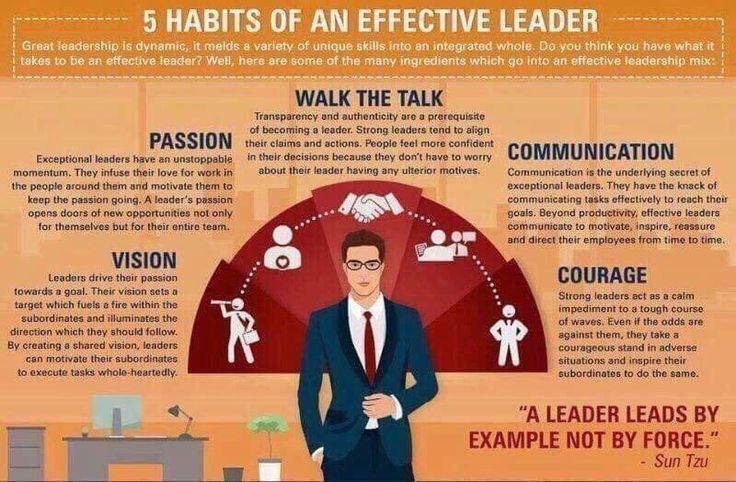 Most brands will work with Belarusian companies exclusively on a prepaid basis, especially at the start. According to our legislation, you have 90 days to receive the goods after making an advance payment to a foreign company.
Most brands will work with Belarusian companies exclusively on a prepaid basis, especially at the start. According to our legislation, you have 90 days to receive the goods after making an advance payment to a foreign company.
5. What are the supplier's requirements for distribution channels? We work with professional brands, and sometimes the distribution conditions are very tough. For example, someone restricts the possibility of selling in online stores, someone does not allow selling their products in cosmetics stores, positioning their brand as a purely "salon".
6. Is the supplier ready to provide all the documents required for certification of cosmetics in Belarus? You may need copies of GMP (Good Manufacturing Practice) certificates, information about the composition of cosmetics, and some other papers. Therefore, in addition to the main contract, it is often necessary to sign an NDA (Non-disclosure agreement) - a non-disclosure agreement. nine0005 Photo courtesy of the author
Before bringing cosmetics, they must be certified.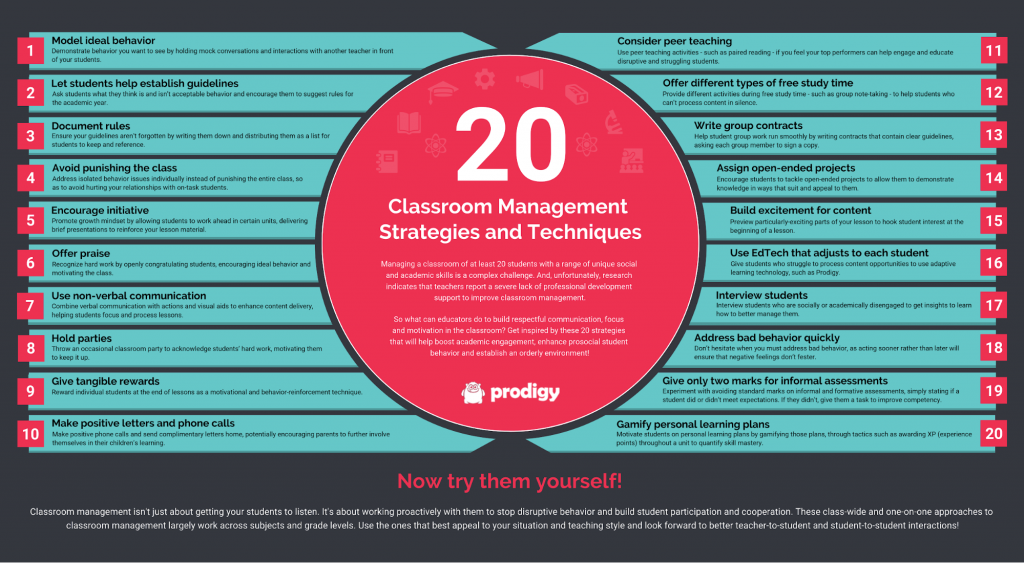 To do this, you need to agree on samples with the supplier (they can be both paid and free). Samples must be officially brought to Belarus, so be prepared for the fact that they will have to clear customs. I won’t say that it’s long, difficult or expensive - it’s just scary the first time. Then everything becomes easy. The main thing is not to make a big mistake with the assortment and quantity. nine0005
To do this, you need to agree on samples with the supplier (they can be both paid and free). Samples must be officially brought to Belarus, so be prepared for the fact that they will have to clear customs. I won’t say that it’s long, difficult or expensive - it’s just scary the first time. Then everything becomes easy. The main thing is not to make a big mistake with the assortment and quantity. nine0005
Samples must be tested in a special laboratory. The cost of testing is about $ 40 per item. For example, if a professional dye has 150 shades, then the tests will cost $ 5,000-6,000. But if the brand has three shampoos, three conditioners and a hair mask, you will invest in a couple of hundred.
After receiving the test reports and collecting a package of additional documents, you can issue declarations or certificates of conformity (about $ 50 for each item). After that, you can carry the main batch. The whole procedure will take from one to three months. By the way, you need to be prepared for the fact that the requirements for cosmetics may change, and in a couple of years you will have to redo the documents or re-test the products.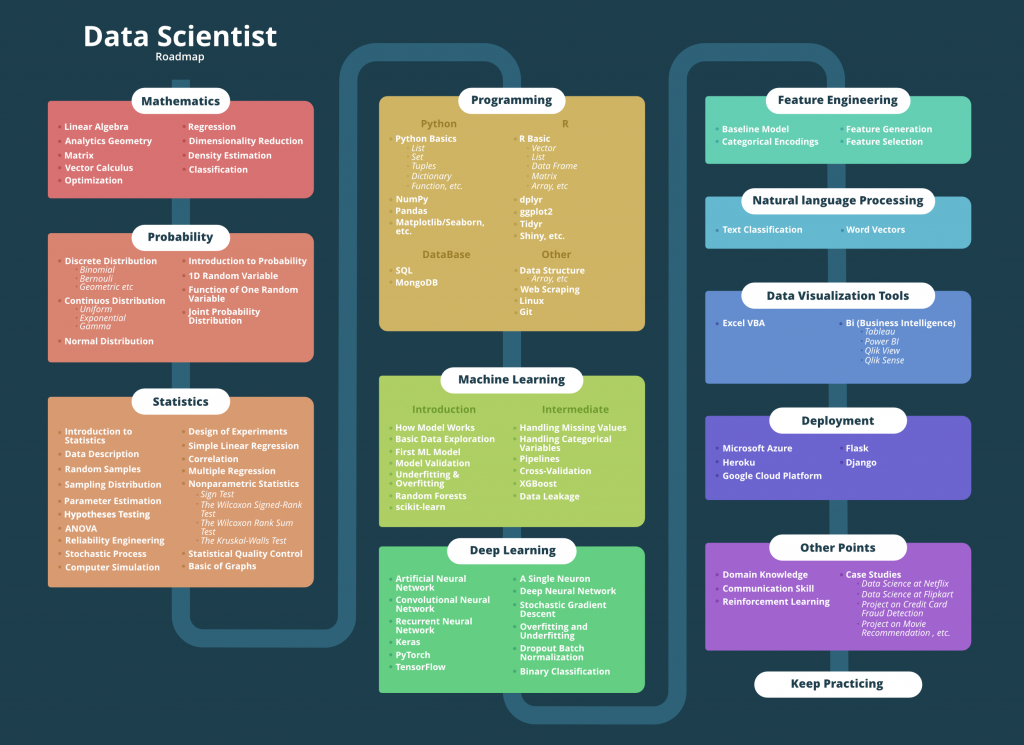 nine0005
nine0005
I can't say that such bureaucracy somehow frightens partners. The cosmetics market is subject to fairly strict regulation throughout the world, and some markets are even more closed than Belarus.
After making an advance payment and delivering the first batch, you will have to clear it through customs (from 9% depending on the product) and pay 20% import VAT, which you will be able to offset only after 60 days. It is the import VAT, and not the customs duty, that hits us the hardest as an importer. nine0005
And here is the item in your warehouse. Until January 1, 2019, before the start of sales, it was necessary to collect and provide a package of documents in order to obtain a sanitary and hygienic conclusion (SPS). Since January 1, it has become easier - the SGZ has been canceled. But, it seems to me, something else will be introduced in the near future, we need to load the Belarusian laboratories :)
And I also want to warn you that there are stories about the non-recognition of documents from other countries. Sometimes it is easier to get documents in Russia, but it is also more dangerous - it is not known what will happen in a year or a year and a half, no matter how much you have to do it all over again. nine0005 Photo courtesy of the author
Sometimes it is easier to get documents in Russia, but it is also more dangerous - it is not known what will happen in a year or a year and a half, no matter how much you have to do it all over again. nine0005 Photo courtesy of the author
All this explains why many fashion brands of niche cosmetics are absent on the Belarusian market - the costs at the preparatory stage are very high. And therefore, many Belarusian companies work through Russian distributors. It is easier to negotiate with them, you can get a package of documents, but the margin will be lower.
I think that in general the Russian market has a negative impact on the development of the professional cosmetics market in Belarus.
Why? It's simple:
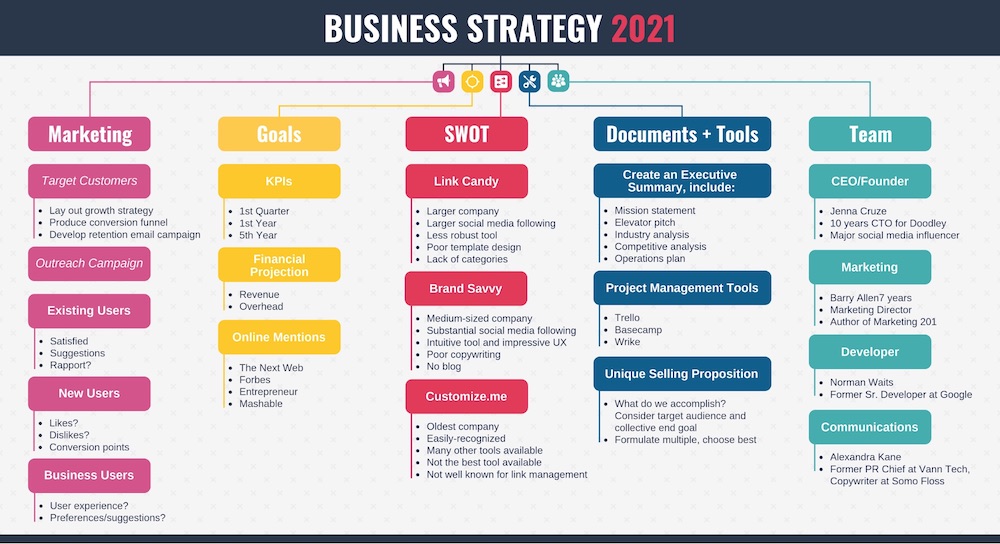
At the same time, Russian companies usually do not have the resources to promote brands in high quality on the territory of other countries. By signing contracts with each country directly, manufacturers could benefit greatly. nine0005
Sub-distribution is when you do not work directly with the manufacturer, but buy goods from his distributor. In some cases, this is a plus: you do not need to have a large warehouse, purchase a wide range of goods and invest a lot of money.
Example. One friend, the owner of a beauty salon, is a sub-distributor of American nail polishes, buys products in Moscow and resells here. When I asked why not bring the goods directly from America, she replied that it was almost impossible: you need to order a box of each color and have a full range of all varnishes. But there are unpopular shades, what to do with them? “If I order it, I won’t sell it until my death, and the rest will be put in my coffin,” says my friend.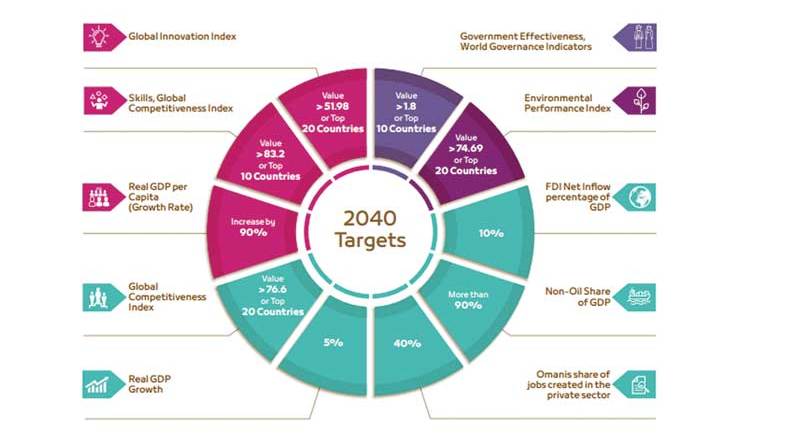 nine0005 Photo courtesy of the author
nine0005 Photo courtesy of the author
Other disadvantages of subdistribution:
Example. It so happened that for our first brand we did not have a direct contract with the manufacturer, we worked under a sub-distribution agreement with a company from Latvia. In 2015, the supplier came to the conclusion that the brand was already sufficiently “promoted”, and the Belarusian market was too attractive a piece to give it away to someone, and opened its own subsidiary. It was a very hard blow to our business. The situation was aggravated by the fact that we worked under the "roof" of an American brand - customers knew the name of the brand, not the name of our company. nine0005
Looking back, I understand that both competitors and many customers then put an end to our company.
But as a result, our company not only survived, but also grew significantly. We foresaw such a development scenario and prepared in advance: already in 2014 we signed a direct contract with a company from Taiwan, and in 2015 a contract with a company from the United States. In 2016, we decided to cover beauty tools in addition to hair cosmetics, brought 3 new brands from Germany, Great Britain and Australia, signed contracts with their manufacturers. In 2018, we agreed with a "barber" brand from the USA that we would represent it on the territory of Belarus (before that, it was represented by a company from Russia). nine0005 Photo courtesy of the author
From all this experience, I learned several lessons for myself:
1. Diversification is needed. You cannot put all your eggs in one basket. You can start with one product or one brand, but then you need to grow and expand your portfolio.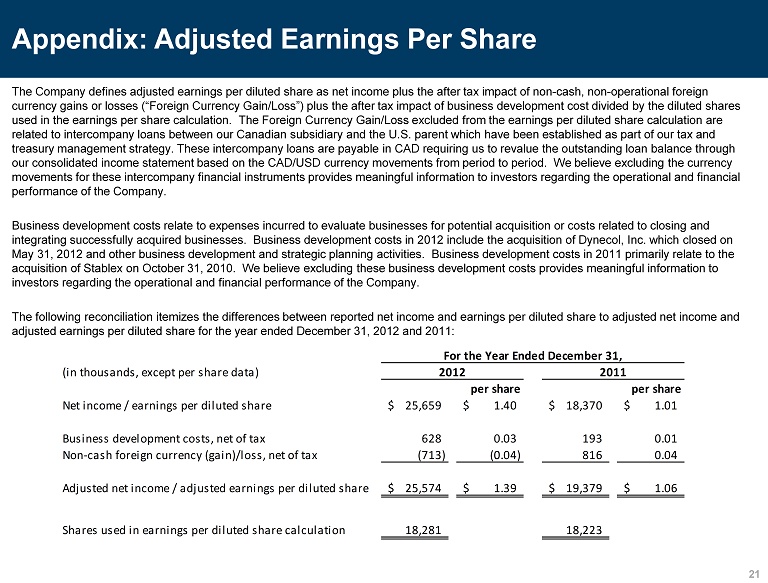 Now our company has several brands that perfectly complement each other.
Now our company has several brands that perfectly complement each other.
2. Work without intermediaries. If you work through an intermediary, be prepared for the fact that he can enter your market and start working directly with your customers. And there are many reasons for this. You may become too big for your supplier. Or, in your high marketing activity, the supplier may see some kind of threat for himself - for example, he will begin to fear that you will work directly with the manufacturer. Then it will be profitable for him to simply “zero out” the situation on the market. nine0005
Only direct contracts with manufacturers and brand owners, no intermediaries - our strategic rule. This reduces risks, allows you to get better prices and opens up opportunities for learning and sharing experience.
3. Brands do not belong to us. It must be remembered that we are not the owners of those brands that we are currently distributing.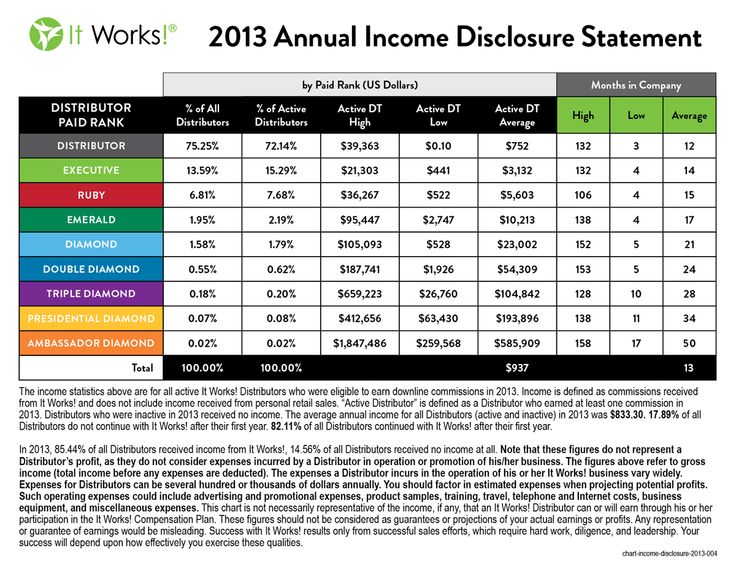 A manufacturer can remove a brand from a portfolio, sell it, or transfer distribution rights to another company: this happens all the time in the market. Therefore, it is very important that the client knows and chooses not only the brand of the supplier, but also your company. nine0005
A manufacturer can remove a brand from a portfolio, sell it, or transfer distribution rights to another company: this happens all the time in the market. Therefore, it is very important that the client knows and chooses not only the brand of the supplier, but also your company. nine0005
Distribution for our country is one of the new areas of activity. Everyone has heard this word at least once, but not everyone knows for sure who a distributor is and what he does.
Contents
To understand how to get comfortable in this not only quite profitable, but also very interesting profession, you first need to figure out who a distributor really is and what exactly is his direct professional activity. If you literally translate the name of this profession from English into Russian, then something will immediately become clear, because the word “distribution” is translated as “distribution”.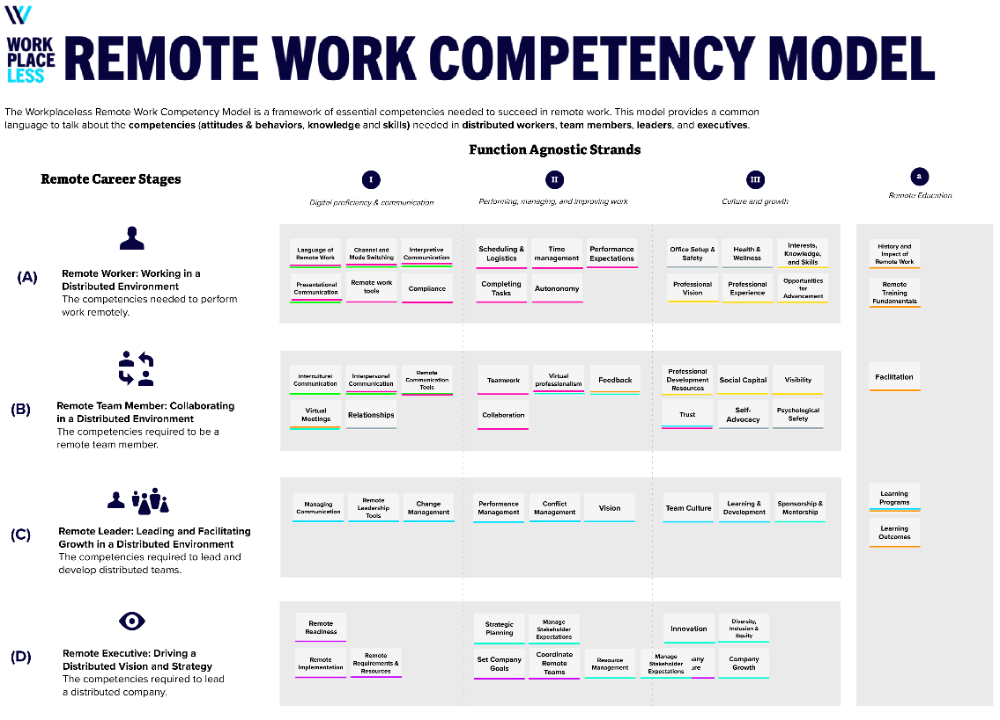 That is, distributors are people who obtain rights from large manufacturers to sell their products, and then distribute them for sale among small wholesalers called dealers. In this case, both food products and technologies, copyrights, services and cultural objects (films, discs, etc.) can act as goods. nine0005
That is, distributors are people who obtain rights from large manufacturers to sell their products, and then distribute them for sale among small wholesalers called dealers. In this case, both food products and technologies, copyrights, services and cultural objects (films, discs, etc.) can act as goods. nine0005
In other words, a distributor is an intermediary between manufacturers of goods and small wholesale buyers (that is, dealers) . He can work alone (that is, take goods, for example, from a factory and deliver them to various stores), but sometimes distributors are entire companies that sell goods from a manufacturer that produces them on an industrial scale to all countries of the world. Distributors receive income due to the fact that manufacturers give them significant discounts on their products. nine0005
Sometimes the distribution chain of a product being sold is very short (ie, from the manufacturer to the distributor, and from the distributor directly to the customer). In other cases, it may be somewhat longer: from the distributor, the product goes to intermediaries (that is, dealers) and only then can it be purchased by the end consumer. Multi-tier sales schemes are most often found in sales of goods from foreign manufacturers, since their delivery to the Russian market is carried out not in one stage, but in several. So, for example, what happens when a manufacturer instructs a distributor operating in the capital to sell a large batch of household chemicals, he sells it to dealers operating in regional centers, and they, in turn, distribute it among smaller sellers or dealers in cities and settlements. nine0005
In other cases, it may be somewhat longer: from the distributor, the product goes to intermediaries (that is, dealers) and only then can it be purchased by the end consumer. Multi-tier sales schemes are most often found in sales of goods from foreign manufacturers, since their delivery to the Russian market is carried out not in one stage, but in several. So, for example, what happens when a manufacturer instructs a distributor operating in the capital to sell a large batch of household chemicals, he sells it to dealers operating in regional centers, and they, in turn, distribute it among smaller sellers or dealers in cities and settlements. nine0005
There is a significant difference between distributors and dealers: the former conduct business directly on behalf of the manufacturer and do not have property rights to the goods, while the latter purchase the goods with their own money and, until it is sold, act on their own behalf, as its full owners .
At the same time, this classification is rather conditional, since the status of distributors and dealers is not defined by law, therefore, all relations between them and manufacturers are determined by signed contracts. Often, distributors purchase goods from suppliers with their own money and thus turn into large wholesale buyers who later sell products to small wholesalers, that is, dealers. nine0005
Often, distributors purchase goods from suppliers with their own money and thus turn into large wholesale buyers who later sell products to small wholesalers, that is, dealers. nine0005
Another difference between dealers and distributors is that distributors are not liable for the quality of the products they supply. If they sell a defective product, then the manufacturers will carry out its return and exchange. The dealer, on the other hand, is obliged to exercise reasonable care: he is responsible for the quality of the goods and is obliged to solve problems that arise at his own expense. Thus, the work of distributors is to build a network of distribution of goods and its promotion, and dealers are responsible for the delivery of goods to end consumers. nine0005
In network companies such as Oriflame and Avon, consultants are also called distributors: they order products directly from suppliers and receive them by paying with their own money or funds collected from buyers in advance.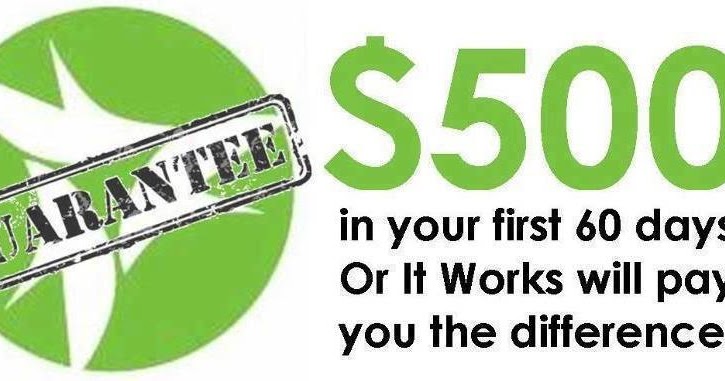 In this case, they do not bear full financial responsibility, since if the buyer refuses the ordered goods, they can return it to the manufacturer at least partially. However, it should be remembered that this rule does not apply to all companies: sometimes network companies sell goods to distributors, but do not accept them back. nine0005
In this case, they do not bear full financial responsibility, since if the buyer refuses the ordered goods, they can return it to the manufacturer at least partially. However, it should be remembered that this rule does not apply to all companies: sometimes network companies sell goods to distributors, but do not accept them back. nine0005
A general distributor is a company that has the main (main) right to sell any product. If we are talking about an exclusive distributor, then we mean a distributor with unique rights. Some manufacturers have independent establishment of distribution companies. One manufacturing company may well use the services of several distributors, and one distributor may cooperate with several suppliers of various goods. nine0005
It is quite natural that if a distributor simply sits still, waiting for a stream of dealers who want to purchase goods from him, then he (and, therefore, the manufacturer) will be able to earn a little. Therefore, the duties of the distributor include promoting the product on the market, expanding the target market and constantly searching for buyers.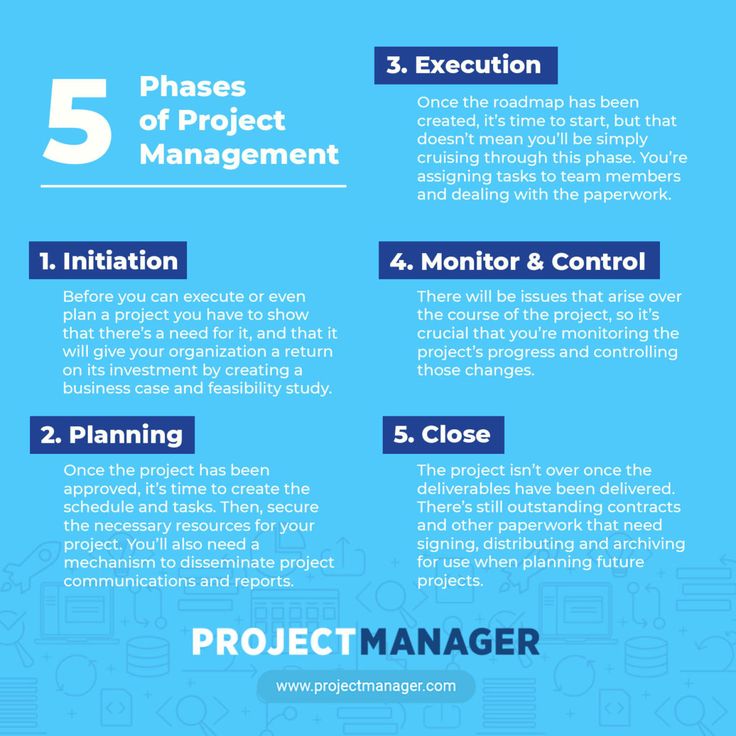
Those who are interested in this profession are primarily interested in how to become a distributor of a particular company. To do this, it is necessary to conclude a special distribution agreement and obtain an official certificate, which is certified by the general director of the manufacturing company. After that, you can start distributing the product, which the supplier provides to the distributor at the price that they agree on in advance. nine0005
However, the above is relevant for cooperation with large manufacturers, and if we are talking about the goods of a company engaged in small business, then, most likely, you will have to start cooperating on dealer rights, that is, completely buying out products from it.
The easiest way to find suppliers of certain goods is to search for them on the Internet, for example, by setting the search term to the phrase “we are looking for distributors” and familiarizing ourselves with current offers from well-known (and not so) manufacturers. This method is considered one of the most effective ones for starting your own business from scratch, and for this it is not at all necessary to have experience in the trading field. nine0005
This method is considered one of the most effective ones for starting your own business from scratch, and for this it is not at all necessary to have experience in the trading field. nine0005
You can also decide in advance on your preferred type of product (for example, decide to sell baby bedding) and search the Internet for manufacturers of the selected product. The official websites of such companies almost always provide their email addresses and contact numbers so that you can call them or write a written offer of cooperation.
It is recommended to draw up a minimum business plan for this, indicating in which region it is planned to work, the territorial coverage of the audience, the number of employees, and also mention your competitive advantages: availability of transport, ownership of a customer base and existing turnover of a similar (or even other) products. nine0005
As a rule, such actions lead to a preliminary agreement between the parties and then comes the turn of familiarization with the products, for which a meeting with a representative of the manufacturer and inspection of product samples is usually held.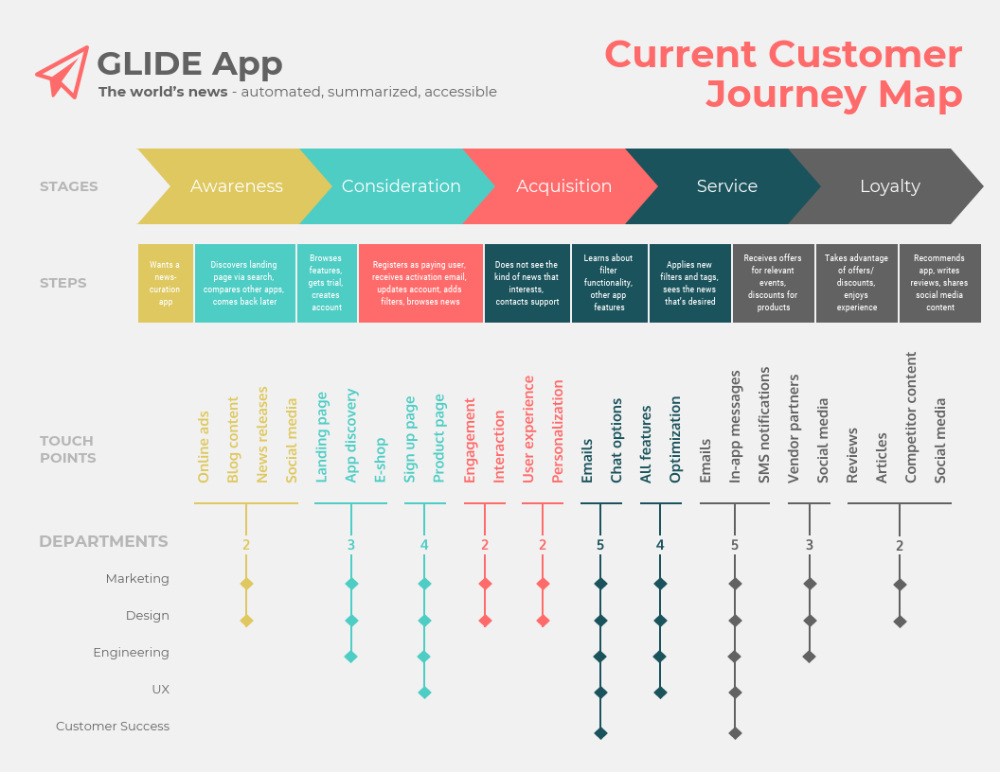 During such meetings, you can find out a lot of useful information: how it is customary for the company to organize advertising, how many distributors the company already works with and whether they will intersect with the selected region, on what conditions deliveries will be made, etc.
During such meetings, you can find out a lot of useful information: how it is customary for the company to organize advertising, how many distributors the company already works with and whether they will intersect with the selected region, on what conditions deliveries will be made, etc.
If you plan to develop a large distribution business, then you should not rush to expand the enterprise and search for large wholesale buyers: first you need to take care of the registration of the enterprise, the availability of a warehouse, transport and several employees. It is also advisable to first create your own dealer network. Subsequently, this will only play a positive role, since large companies prefer to work with those who have already managed to establish themselves at the local level.
Getting the right to be a distributor of a foreign manufacturer with a fairly large turnover is much more difficult: this will require experience in similar activities in your home country, an independently developed base of potential buyers, as well as an understanding of economic (including hidden) processes and the availability of financial opportunities for promoting goods on market, since the obligation to advertise the product in the selected region falls entirely on the shoulders of the distributor.
Some people prefer to work as a representative of one of the network marketing companies and earn money not only on the difference in the purchase and sale price, but also through the active work of constantly attracted consultants. The complexity of such work mainly lies in the huge number of existing competitors. nine0005
Another opportunity to become a professional level distributor is to work in a distribution company, starting from the very beginning of the profession: starting as a merchandiser, then moving up to a sales agent, supervisor, and so on, until an optimally high level is reached. Many simultaneously with such work receive an economic education, consolidating the knowledge gained in an educational institution in practice. Although such a career path is quite difficult and generally time-consuming, it allows you to achieve significantly higher results than the usual reselling of goods. nine0005
Like manufacturers, buyers can also be found on the Internet.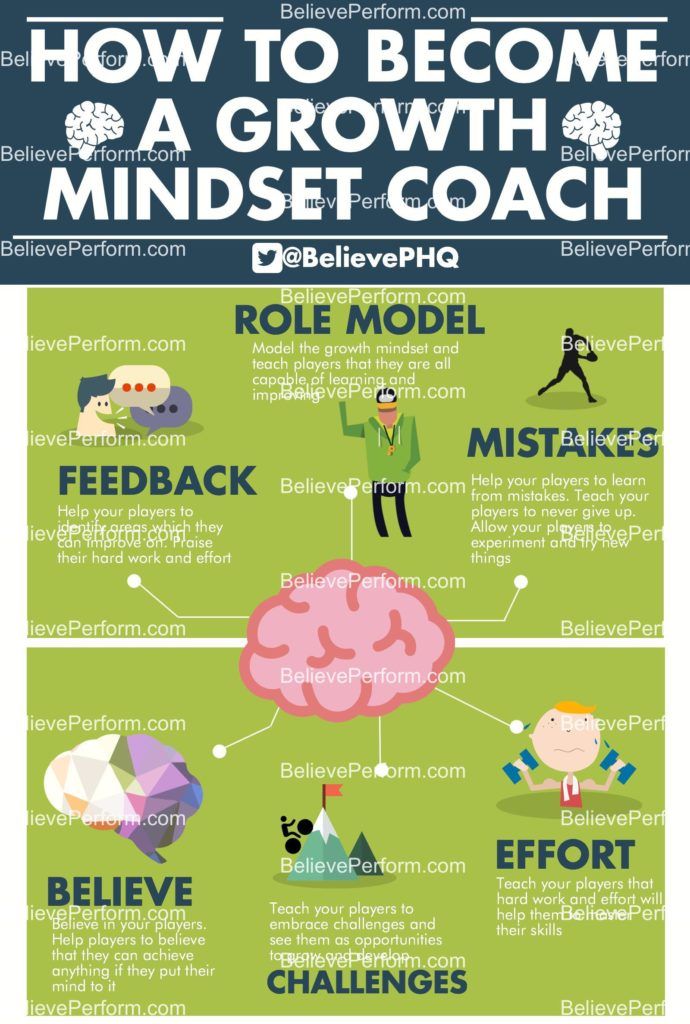 Online stores are great for this, where you can place descriptions of goods and their photos. If you plan to become a distributor in the region and, in fact, provide intermediary services between the supplier and regional outlets, you should carefully read each of these outlets. Some of them may have their own Internet resources, but there will often be those that have not yet acquired their own platform on the World Wide Web. Thus, you will have to drive around the area, armed with samples of goods and personally talk with the owners of these outlets, and maybe even immediately collect orders from them. nine0005
Online stores are great for this, where you can place descriptions of goods and their photos. If you plan to become a distributor in the region and, in fact, provide intermediary services between the supplier and regional outlets, you should carefully read each of these outlets. Some of them may have their own Internet resources, but there will often be those that have not yet acquired their own platform on the World Wide Web. Thus, you will have to drive around the area, armed with samples of goods and personally talk with the owners of these outlets, and maybe even immediately collect orders from them. nine0005
Nowadays, the method of finding orders through social networks is quite popular, namely by creating groups and collecting orders through them. But be aware that it is not uncommon for moderators to block such groups because of repeated spam complaints from many people.
Newspapers and sites designed to place ads can be a good help in finding potential buyers, and through them they often find not only future customers, but also employees, and sometimes even partners.
nine0005
Most start-up entrepreneurs first act alone or involve their relatives in the business who are ready to work for the development of the enterprise: that is, they look for sales markets and new manufacturers, pick up and deliver goods on their own, etc. When turnover increases, comes time to hire additional staff. However, this path is suitable for those who do not have start-up capital. If a novice distributor has the possibility of an initial financial investment, then his business develops faster and easier. nine0005
Professional distributorship is ideal for self-employed entrepreneurs: the distributor, receiving orders from outlets and fulfilling them, works for himself, so his earnings largely depend on the desire to work and the intensity of the actions performed. Often, students who want to earn money and even young mothers who are on maternity leave become distributors: after all, if you do not strive to achieve too much turnover, it is quite possible to devote only half of the working day to this work.